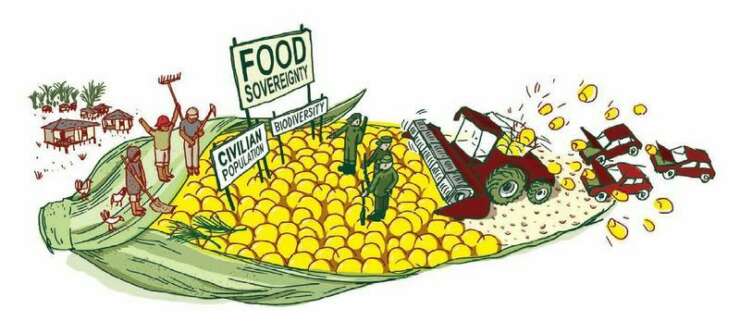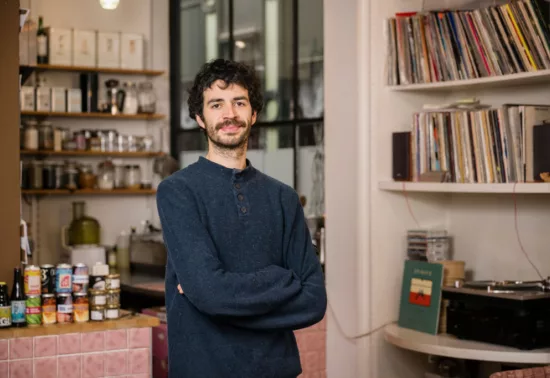Decolonization can’t be seen without the process of undoing colonization. It is the aim to recognize and erase the practices imposed during the domination of foreign countries, most of times overseas. But, how does it apply to our relationship with food? To decolonize our food we need to know what the loss of food tradition, capitalization and industrialization of food production means to our society.
Ethnic food is often said to be unhealthy, but reality is that most of those unhealthy ingredients were introduced by settlers. In the case of America, it was the Spanish who introduced beef, dairy or bread into the indigenous diet. It wasn’t only through language, culture or beliefs that colonization took place, but also by devaluing indigenous traditional food. Nowadays, the leading cause of death in racialized people in the US over 25 is directly linked to their diet.
When colonizers first arrived to North America, they operated under the Catholic Church’s Doctrine of Discovery. This doctrine meant not only the law enforcement by the European authorities but the application of agriculture technics. Converting the land meant improving its cultivation by importing products that were commonly consumed by European uppers classes.
The colonization and the later industrialization of agriculture have had a bad influence on diverse crises like rising food prices, poverty, climate change and biodiversity loss. They may have even caused them to appear. Industrial agriculture and the global food system contribute an estimated 44-57% of global greenhouse gas emissions.
Food shows how racism is present at every level of society. Racism creates stigma around certain foods and leads to food gentrification. That’s when certain products as spirulina or chia seeds become trendy. It causes the price to rise with its popularity, meaning that the communities that were traditionally using those products have now difficulties to access them. This process of food gentrification is closely tied to racist policies in housing, employment, transportation and agriculture.




